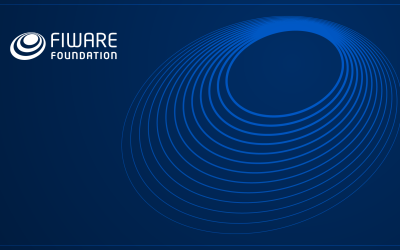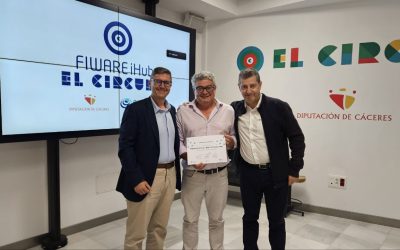By attending Smart City Expo World Congress 2014, FIWARE strengthens its position as the leading software platform in terms of Smart Cities. We have already seen that different cities have opened their data, so that developers can have access to them and use them to create innovative services; that way, for example, facilities can be automatically kept clean or food waste can be avoided. FIWARE becomes then the ecosystem where cities opening their data and developers making use of them can meet and coordinate efforts to build a new kind of city. The Swedish city of Malmö joins now this list of cities becoming smart.
Situated in the south of Sweden, Malmö is the third Swedish city in number of citizens, reaching an amount of about 310,000. For years, it has been a model for sustainable living, involved in the development of a self-sufficient energy system. And now, FINESCE, one of FIWARE’s use cases, has gone a step forward and, in collaboration with E.ON, has created a smart-home equipment. This technology allows users to control energy consumption in certain buildings. Through smart plugs, users can then measure, manage and monitor their energy consumption. The following video explains how the app works:
If, as shown in the video, buildings are equipped with energy-producing systems (such as solar panels, solar cells and windmills), the energy consumption is not only controlled and lowered; cities are practically made self-sufficient. Now that these promising commercial aspects have been found, E.ON, as an active partner within FINESCE, aims to continue developing the trial infrastructure, by including new innovative ways of data processing, as it considers this as a crucial part of the transformation towards digital business models. In their opinion, “the FIWARE framework is a very good opportunity to work with this, as it includes innovative Future Internet capabilities”.
In the end, building cities that can measure the amount of energy that they consume and then, act according to it, is a way of automating processes and making cities, as a whole, a sustainable environment. “The energy industry –says David Lillienberg, project manager of the Malmö trial– is facing an extended transformation, going from centralized supply towards a decentralized approach with intermittent generation. This is causing massive challenges on the existing infrastructure and requires ‘smart’ solutions to mitigate and solve those challenges”. For this purpose, he declares that “it will be important to be able to use and work with different Cloud-based services, as the FIWARE framework and the Generic Enablers”. For FIWARE, it is an honor to witness how its technologies are being successfully used to build Smart Cities. If you want to learn more, you can read FINESCE’s webpage or you can attend Smart City Expo World Congress 2014, where FIWARE will show all its potential as a builder of Smart Cities.


